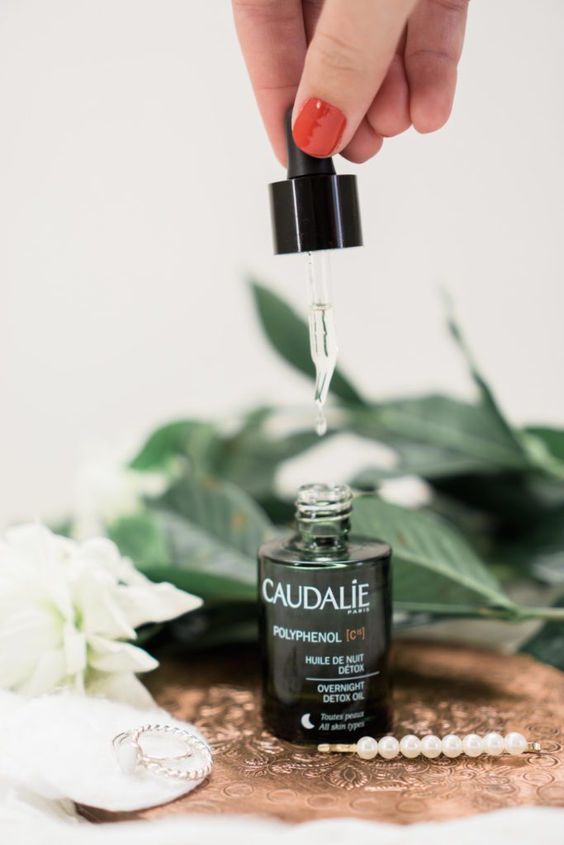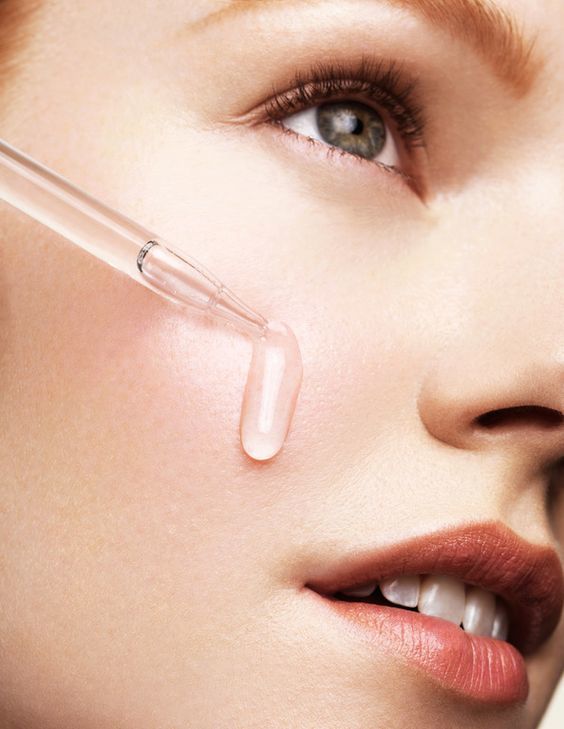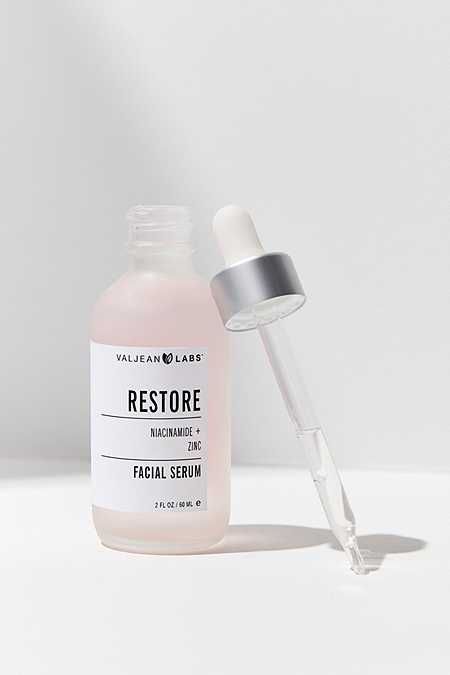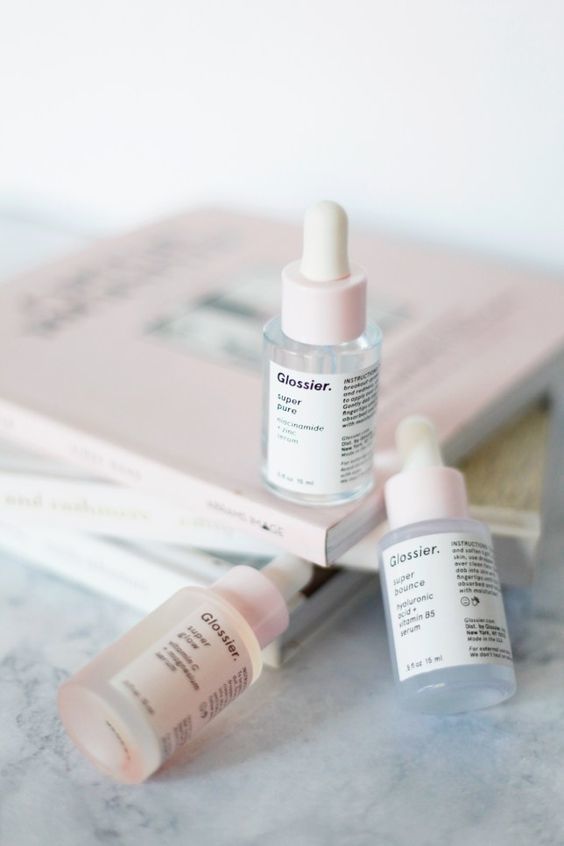Even people who own serums can have a hard time answering the question of what serum is. It helps moisturize skin, but it doesn’t replace moisturizer. It can be greasy, but it doesn’t have to be face oil. So…
Skin care is not something to stress someone out, especially considering that stress is one of the main causes of skin damage. So, what is serum? Serum is to be applied to the skin after cleansing, but before moisturizing so that its powerful ingredients go directly into the skin. It is very suitable for this task due to the fact that it is made up of smaller molecules that can penetrate the skin easily and deliver a massive concentration of active ingredients.
The frequency of use depends on the product. Most serums should be applied once a day.

Serum is, and isn’t, a moisturizer
Some serums contain moisturizing ingredients such as ceramides to help the skin retain its natural moisture, but they’re not moisturizers in the traditional sense.
Creams and face lotions are richer and form a barrier on top of the skin to protect it.

You Get What You Pay For
Serums tend to be expensive compared to many other skin care products, but there’s a good reason for this. They are very concentrated and beneficial.

Keeping Them Fresh
If your serum expired really fast, you probably didn’t store it properly. Certain potent ingredients often found in serum, such as vitamin C, can become unstable as soon as they come into contact with air.
Always store the serum in a cool, dry place and use it up in maximum one year.

What’s Inside?
Traditional serums are water-based. Sometimes oils are advertised as ‘serums’ – so what’s the difference?
Oil-based serums are applied on top of the moisturizer because their molecules are bigger. They keep the cream and other substances underneath moist throughout the day. Water-based serums nourish the inner layer of the skin because their small molecules penetrate easily.
Essence is very similar to serum – both come after cleansing and before moisturizing and practically serve the same purpose. The only difference is the texture. Essences have a more fluid texture, while serums are more concentrated.

How To Know If Serum Is Right For Your Skin
It depends on the ingredients. If your skin is dry, you should look for a serum that contains niacinamide (improves skin elasticity, increases ceramide levels in skin), vitamin E (an antioxidant that protects cells from oxidative damage), hyaluronic acid (retains moisture), and glycolic acid (gently exfoliates and lightens discoloration).
If you’re suffering from frequent acne outbreaks, look for a serum that contains retinol (an antioxidant, reduces inflammation), vitamin C (increases collagen production, enhances skin’s repair process, and reduces inflammation), salicylic acid (unclogs pores), and zinc (soothes irritation, regulates oil production).
If your skin is dull and lifeless, look for products that contain antioxidants like green tea extract, ferulic acid (protects from free radicals, increases effectiveness of sunscreen), and resveratrol.
Keep in mind that in this case, less is more. Serums are super potent and you shouldn’t go overboard. Powerful ingredients can damage sensitive skin.

